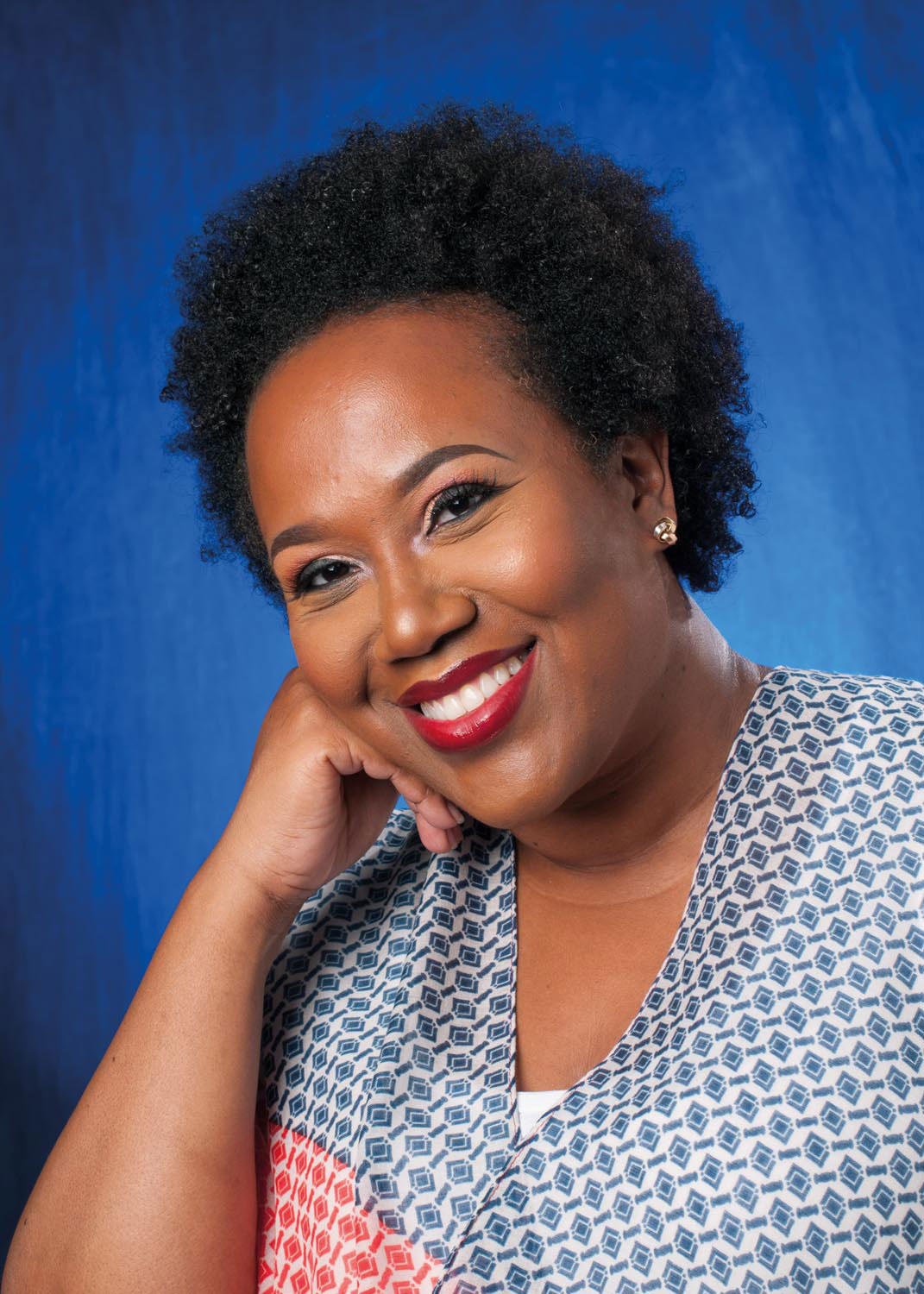I’ve always understood that writing is a very big and extremely necessary part of my life. It is as natural to me as breathing. I can’t imagine my life without it. I struggled for several years with the idea that writing wasn’t something that could support me and my children. There’s always a story being worked out in my head, and I think I’m more present and able to give myself to other areas of my life when I ensure I take the time I need to write. I’m not pleasant if there’s a story buzzing in my head and I can’t get the time to write it down and work on it — it’s a compulsion.
I’ve given up on the idea of balancing all aspects of my roles at all times. I’m never doing everything perfectly at any point in time — I’m human. I’ve accepted that some areas of my life will require more of me at particular points.
I kept several diaries and journals as a child — and as an adult. I instinctively understood, even then, that writing was a way for me to process life. It was like I was better able to understand the world and everything in it if I wrote things down — so I did, in detail. I wrote poems to distil some of my thoughts, experiences and observations. Unfortunately, a relative found and read those diaries when I was young and used extracts for a university thesis. That led to writer’s block lasting for years. I felt like I couldn’t risk writing the truth as I saw it in those journals, because someone might find them. I think that might have contributed to my interest in stories. Stories were a way to examine the truth in an indirect way. It was then I began to understand that a story could be a safe space, not just for the writer, but for the reader as well.
I’ve been practising law for over twenty-three years. Insights on my characters and their motives don’t necessarily come from that. Those things come from being able to observe people and situations as I seek to examine and understand them in a non-judgemental way. I don’t think that’s as a result of my legal career — it’s something I’ve always done. My legal career helps with my ability to ask the right questions of my characters in an effort to understand what the real story is — and to craft and present that in the best way possible.
I can never anticipate where the spirit will lead, but when I arrive, I understand that I’m meant to be there at that point in time. I was meant to write How the One-Armed Sister Sweeps Her House. It’s part of the reason I wrestled with it for so long, and kept picking it back up, even though it was so wrenching for me to write. I’ve experienced domestic violence, as Lala [the novel’s main character] has. Her experiences are not mine, but I think I was better able to write authentically about some of the psychological trauma she experiences, and to better explore the impact of that violence on her body and her psyche, and that of the community in which both she and Adan [her husband] live.
My personal experience with domestic violence is part of what made writing the book so wrenching, but it was also an incredibly healing experience. It was important to me to write women as I saw and experienced them at the time of the novel [set in the 1980s]. I feel that a number of realities — some worldwide, some more acutely experienced at home — coalesce to constrain women in the Caribbean and continue to do so. I do not believe that the answer is breaking free from these constraints to realise self within the current patriarchal parameters of the world as we know it. I believe that the answer is building a more balanced world, that prioritises the realisation and actualisation of self, without partiality, irrespective of sex.
The level of power experienced by women in the novel will probably be measured based on a patriarchal standard, but I hope that by sharing the story, people might be moved to walk the walk that these women walk. I hope they examine some of the themes explored and consider what changes need to be made, personally, nationally, and internationally.
Writing is so personal to me that I probably can’t separate myself from my writing self. It’s ironic that a lot of the dreams I had for a writing career started to come true when I decided not to burden my writing with the expectation of having to support myself. Nothing happens before its time.
Cherie Jones’s novel How the One-Armed Sister Sweeps Her House, published in January 2021, is about Lala, a hair-braider who works on Baxter’s Beach in Barbados. It’s 1984, and Lala is about to give birth to her first child with her husband Adan, a career thief and ganja-smuggler. On the night the baby is born, a wealthy tourist is murdered in gruesome circumstances in the botched robbery of a luxury villa on the same beach. How the One-Armed Sister Sweeps Her House explores how these events are linked, showing the reader how race, class, power, violence, and poverty are connected in the Caribbean.


















